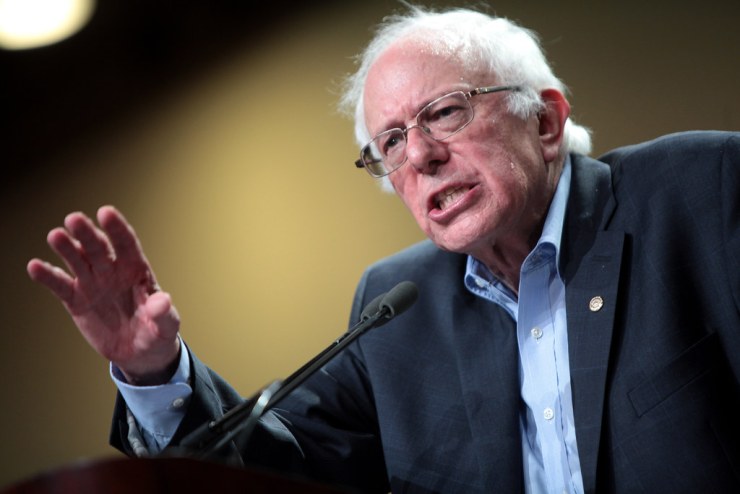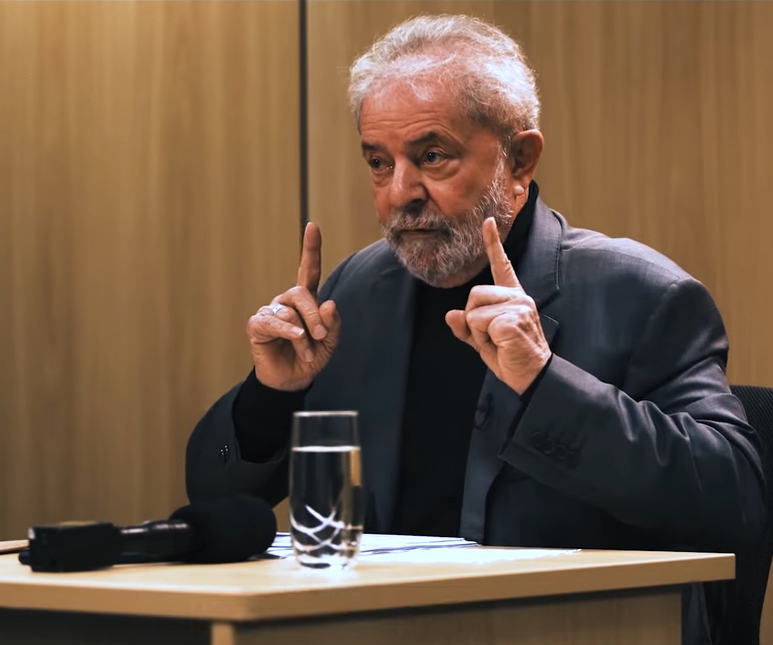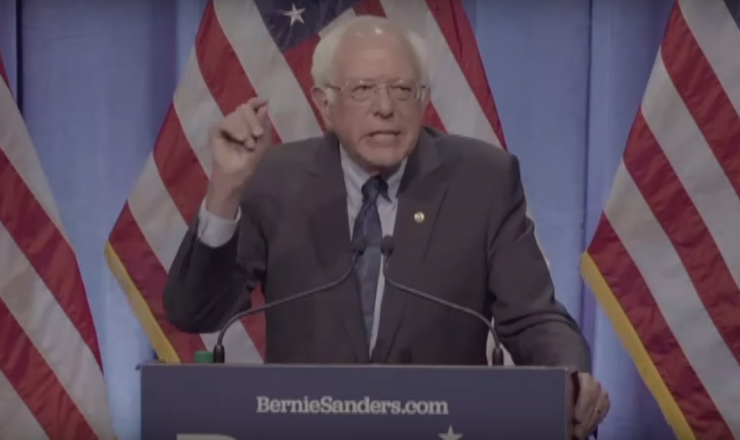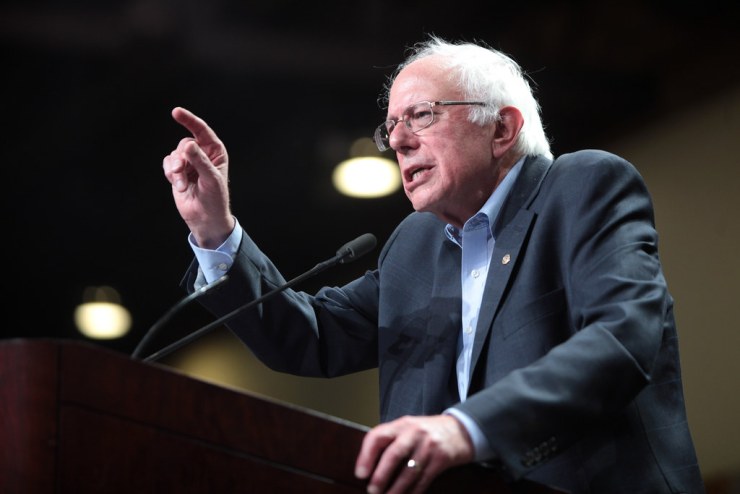With the first 2020 Democratic presidential debate less than two weeks away, the presidential hopeful is taking a more assertive approach.
Last Wednesday, Bernie Sanders delivered a speech at George Washington University in which he defended democratic socialism, criticized his detractors and offered a voice of encouragement to his supporters.
He began by calling attention to the pessimism that many Americans are feeling toward the current presidential administration in particular and the state of the nation in general.
Sanders stated that “…if there was ever a moment in the history of our country where despair was not an option…if there was ever a moment when we needed a new vision to bring our people together in the fight for justice, decency and human dignity, this is that time.”

Within the first five minutes, he railed against America’s financial elites, making note of what he describes as a “…growing movement towards oligarchy and authoritarianism in which a small number of incredibly wealthy and powerful billionaires own and control a significant part of the economy and exert enormous influence over the political life of our country.”
He then called attention to the rising movement of young and working class citizens embattled in the fight for a $15 per hour minimum wage, worker’s rights, abortion rights, climate change, public school funding, immigration rights and an end to systemic racial oppression and inequalities.
Sanders then brought up the rise of authoritarian leaders around the globe, citing Russian president Vladimir Putin and Brazilian president Jair Bolsonaro, along with several others.
“These leaders meld corporatist economics with xenophobia and authoritarianism,” Sanders went on to say.

Sanders then blasted President Trump’s friendliness toward authoritarian leaders such as North Korea’s Kim Jong-Un, saying “How sad it is that President Trump sees these authoritarian leaders as friends and allies.”
As what could be looked at as a preview of the upcoming democratic primary debates, Sanders’ speech was noticeably more fiery and critical compared to his 2015 and 2016 speeches, following the more hard-nosed stance that Sanders has adopted over the past few weeks.
Recently, Sanders tweeted his support for former Brazilian president Lula da Silva, who was imprisoned prior to the 2018 Brazilian presidential election in what many believe was an inside job to aid Brazil’s newly-elected president—Jair Bolsonaro—in securing the presidency.
With some recently uncovered documents having come to the surface, the claims appear to be true.

Sanders then shifted the focus back to domestic issues, borrowing several quotes from FDR in which the latter said:
“We had to struggle with the old enemies of peace–business and financial monopoly, speculation, reckless banking, class antagonism, sectionalism, war profiteering.”
Sanders – still quoting FDR – continued:
“Never before in all our history have these forces been so united against one candidate as they stand today. They are unanimous in their hate for me—and I welcome their hatred.”
That final line of the quote – “…and I welcome their hatred,” – drew many cheers and applause from the audience.

During the second half, Sanders outlined his support of democratic socialism and took more shots at President Trump and the republicans.
“…they don’t really oppose all forms of socialism,” Sanders stated. “They may hate democratic socialism because it benefits working people, but they absolutely love corporate socialism that enriches Trump and other billionaires.”
He went on, calling out the hypocrisy shown by those who decry socialism.
“If you are a fossil fuel company…you get billions in government subsidies…If you are a pharmaceutical company, you make huge profits on patent rights for medicines that were developed with taxpayer funded research….If you are the Walton family…you get massive government subsidies because your low wage workers are forced to rely on food stamps.”
Lastly, Sanders ended his speech on an optimistic note.
“At the end of the day, the one percent may have enormous wealth and power, but they are just the one percent. When the 99 percent stand together, we can transform society. These are my values, and that is why I call myself a democratic socialist.”
With former vice president Joe Biden steadily ahead of Sanders in a number of recent polls, sharp rhetoric like this may serve as a net benefit for the Sanders campaign going forward.
Quinton Bradley
Intern

